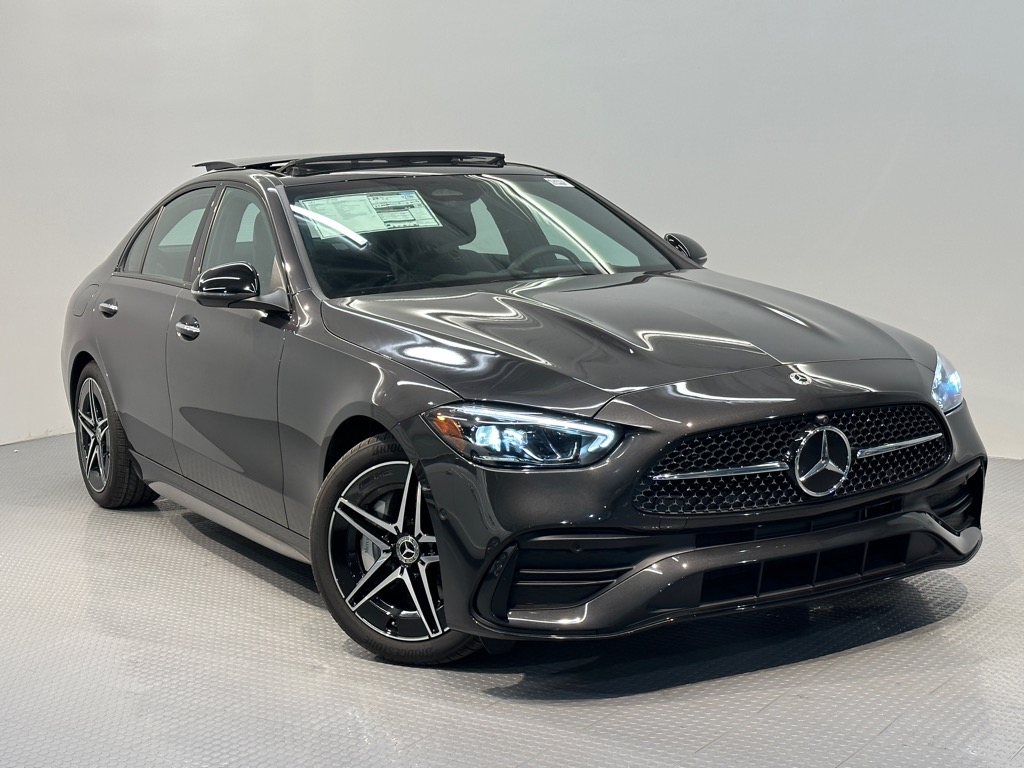What to Look For When Buying a Car: A Comprehensive Guide

Buying a car is an exciting yet significant decision that can impact your finances and lifestyle for years to come. Whether you’re a first-time buyer or looking to upgrade your vehicle, knowing what to look for can help you make an informed choice. Here’s a comprehensive guide to ensure you find the perfect car for your needs.
▎1. Determine Your Budget
Before you start browsing, it’s essential to establish a budget. Consider not just the purchase price, but also ongoing costs such as insurance, maintenance, fuel, and potential financing options. A good rule of thumb is to spend no more than 15% of your monthly income on car payments. Don’t forget to factor in a down payment, which can reduce your monthly payments significantly.
▎2. Identify Your Needs
Think about your lifestyle and how you plan to use the car. Ask yourself:
- How many passengers do I need to accommodate?
- What type of driving will I be doing (city, highway, off-road)?
- Do I need extra cargo space?
- What features are essential (e.g., safety, technology, fuel efficiency)?
By identifying your needs upfront, you can narrow down your options and avoid getting sidetracked by flashy features that don’t serve your purposes.
▎3. Research Models and Reliability
Once you have a budget and a list of needs, start researching different makes and models. Look for vehicles that are known for reliability, safety ratings, and overall performance. Websites like Consumer Reports and J.D. Power provide valuable insights into vehicle reliability and owner satisfaction. Reading reviews from current owners can also give you real-world perspectives on the car’s performance and issues.

▎4. Consider New vs. Used
Deciding between a new or used car can significantly affect your budget. New cars come with warranties and the latest technology but depreciate quickly. Used cars offer better value but may come with hidden issues. If considering a used vehicle, obtain a vehicle history report (like Carfax) to check for accidents, service records, and title status.
▎5. Inspect the Vehicle
If you’re buying a used car, a thorough inspection is crucial. Look for signs of wear and tear, rust, or any irregularities in the bodywork. Check the tires for tread depth and even wear. Inside, examine the upholstery and dashboard for damage. Don’t hesitate to take the car for a test drive; pay attention to how it handles, accelerates, and brakes.
▎6. Get a Mechanic’s Opinion
For used cars, consider having a trusted mechanic inspect the vehicle before making a purchase. They can identify potential issues that may not be visible during your inspection. This step can save you from costly repairs down the line and provide peace of mind.
▎7. Review Financing Options
If you’re not paying cash, explore financing options early in the process. Check with banks, credit unions, and dealerships to compare interest rates and terms. A good credit score can significantly impact your financing options, so make sure to check yours beforehand.

▎8. Negotiate the Price
Once you’ve found the right car, be prepared to negotiate the price. Research similar vehicles in your area to establish a fair price range. Remember that dealerships often expect some negotiation, so don’t be afraid to make an offer below the asking price.
▎9. Understand the Paperwork
Before finalizing the purchase, ensure you understand all paperwork involved. Read through the sales contract carefully, checking for any hidden fees or unnecessary add-ons. Familiarize yourself with warranty details and return policies.
▎10. Take Your Time
Finally, don’t rush the process. Buying a car is a significant investment, and taking your time can lead to better decisions. Test drive multiple vehicles and revisit models if needed—this is about finding what works best for you.
▎Conclusion
Buying a car doesn’t have to be overwhelming if you approach it methodically. By setting a budget, identifying your needs, conducting thorough research, and taking necessary precautions during inspections and negotiations, you’ll be well-equipped to make a smart purchase. Happy car hunting!